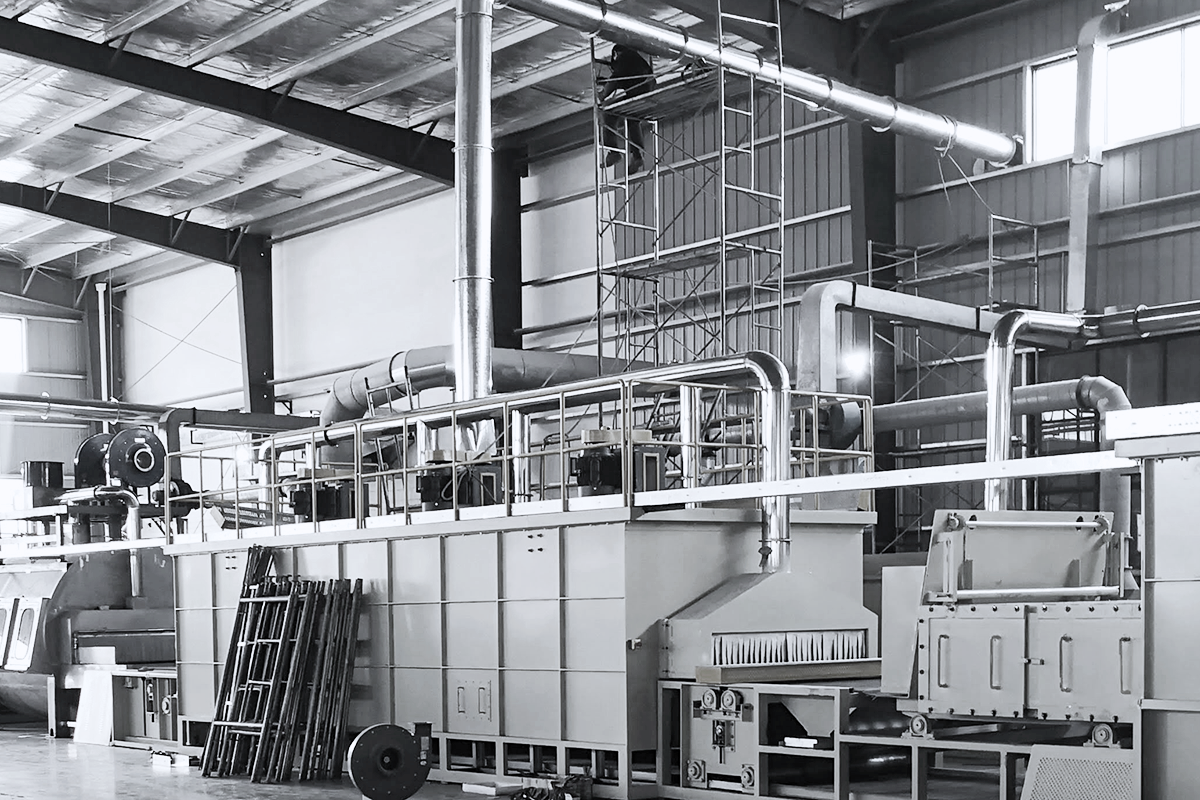In the dynamic landscape of industrial equipment, the micro channel heat exchanger stands out as a groundbreaking technology, fundamentally altering the way industries manage thermal processes. This specialized device, designed for the efficient transfer of thermal energy between fluid streams, has become a cornerstone in various applications across different sectors. In this article, we will delve into the fundamental principles, key features, and applications that define what a micro channel heat exchanger is and why it has become an essential component in industrial thermal management.
-
Understanding Micro Channel Heat Exchangers
A micro channel heat exchanger is a highly engineered thermal management device that facilitates the exchange of thermal energy between two fluid streams. What sets it apart is its intricate design, featuring a network of small channels, typically on the micrometer scale. These micro channels serve as conduits for the transfer of thermal energy, offering a more compact and efficient alternative to traditional heat exchangers.
-
Key Features of Micro Channel Heat Exchangers
Microscale Channels: The defining feature of micro channel heat exchangers is the presence of small channels on the micrometer scale. This design allows for a higher surface area-to-volume ratio, optimizing the efficiency of heat transfer between the fluid streams.
Compact Design: Unlike traditional heat exchangers, micro channel variants are characterized by their compact and space-efficient design. The microscale channels contribute to a reduction in size and weight, making them ideal for applications where space optimization is critical.
Enhanced Heat Transfer Efficiency: The small dimensions of the channels promote turbulent flow, leading to improved convective heat transfer between the fluid streams. This enhanced heat transfer efficiency is a key advantage in applications where precise temperature control and rapid heat exchange are essential.
Materials Selection: Micro channel heat exchangers often utilize advanced materials such as aluminum and copper alloys, known for their excellent thermal conductivity. These materials contribute to the overall performance and durability of the heat exchanger.
-
Applications Across Industries
Automotive Cooling Systems: Micro channel heat exchangers play a vital role in automotive applications, particularly in cooling systems. They efficiently dissipate heat generated by engines and electric vehicle batteries, contributing to improved overall vehicle performance.
Electronics Cooling: In the electronics industry, managing heat is crucial for the reliable operation of electronic components. Micro channel heat exchangers are instrumental in preventing overheating, ensuring the longevity and performance of electronic devices.
HVAC Systems: Heating, ventilation, and air conditioning (HVAC) systems benefit from the compact design and enhanced heat transfer capabilities of micro channel heat exchangers. They contribute to energy efficiency and improved overall system performance.
Renewable Energy Applications: Micro channel heat exchangers find applications in various renewable energy systems, including solar thermal and geothermal applications. Their efficiency in transferring heat is crucial for harnessing and utilizing sustainable energy sources.
-
Advantages of Micro Channel Heat Exchangers
Space Optimization: The compact design of micro channel heat exchangers allows for optimal space utilization. This is particularly advantageous in industrial settings where available space is limited, enabling versatile integration into diverse systems.
Enhanced Heat Transfer Efficiency: Micro channel heat exchangers excel in promoting turbulent flow within the small channels. This characteristic leads to significantly improved overall heat transfer efficiency, a crucial factor in industries where precision is paramount.
Reduced Material Usage: The smaller size of micro channel heat exchangers results in reduced material usage during manufacturing. This not only contributes to cost savings but aligns with sustainability goals by minimizing environmental impact.
Durability and Reliability: The use of advanced materials and the robust design contribute to the durability and reliability of micro channel heat exchangers. This is essential for industries that demand consistent and dependable thermal management solutions.
-
Considerations for Implementation
When considering the implementation of micro channel heat exchangers, several factors come into play:
Application Requirements: Understanding the specific thermal management requirements of the application is crucial. Factors such as temperature ranges, flow rates, and space constraints influence the suitability of micro channel heat exchangers.
Materials Compatibility: Ensuring compatibility with the fluids and materials involved in the industrial process is essential. This consideration contributes to the longevity and effectiveness of the micro channel heat exchanger in specific applications.
Manufacturer Expertise: Choosing a reputable manufacturer with expertise in designing and producing micro channel heat exchangers is fundamental. Established manufacturers with a track record of delivering high-quality products inspire confidence in their offerings.
-
Conclusion
In conclusion, a micro channel heat exchanger represents a fundamental shift in industrial thermal management. Its compact design, enhanced heat transfer efficiency, and diverse applications across industries make it an indispensable component in modern industrial equipment. As industries continue to prioritize efficiency, reliability, and sustainability, the prevalence of micro channel heat exchangers is expected to grow, further advancing the landscape of thermal management in diverse industrial sectors.

